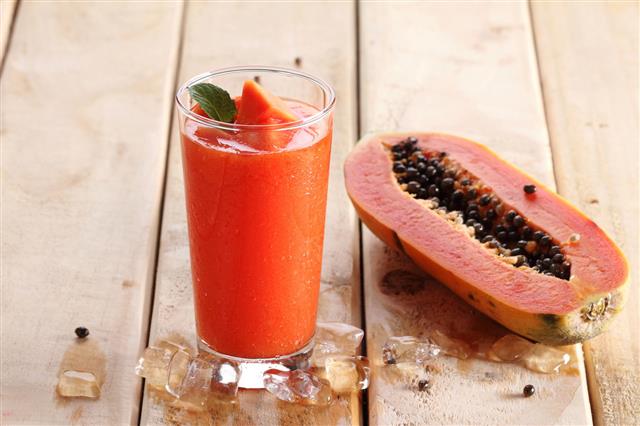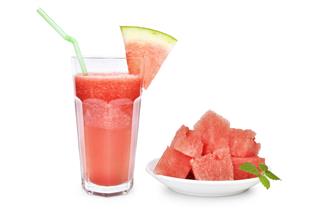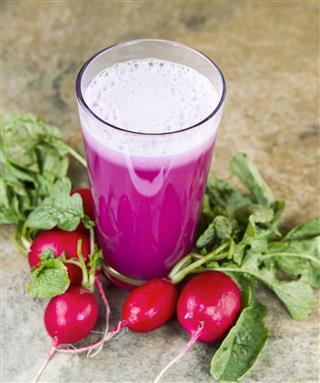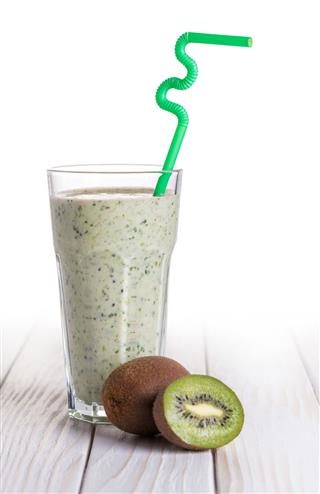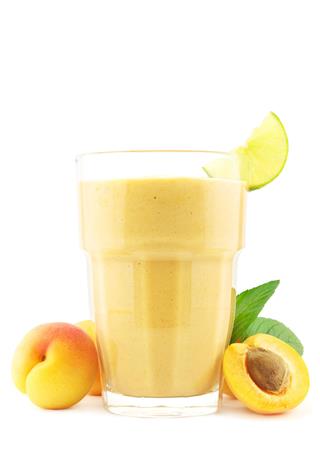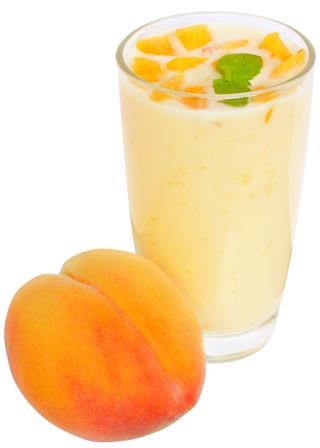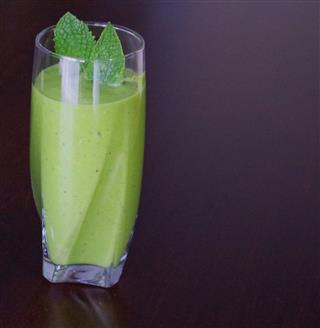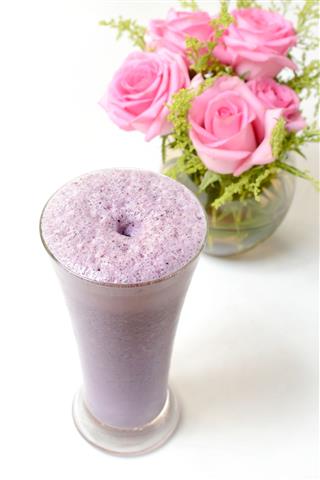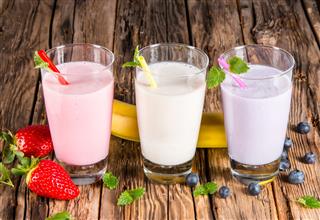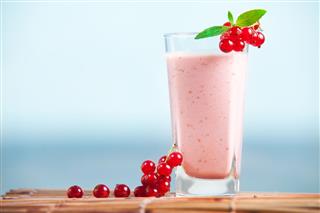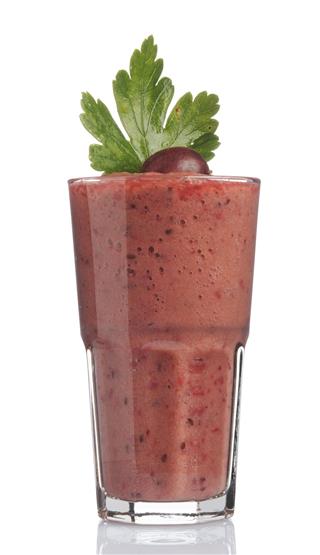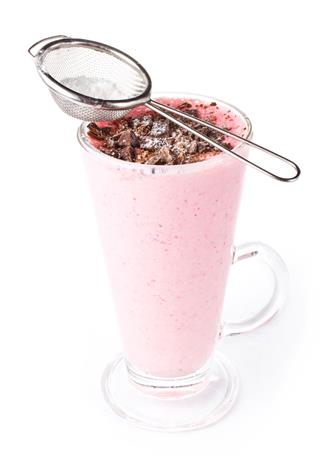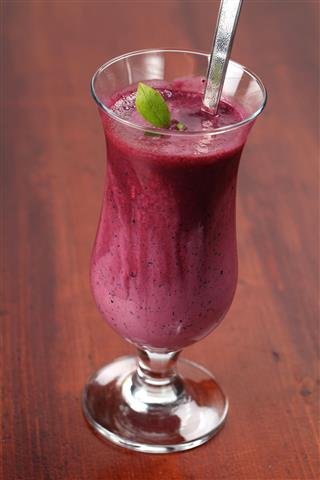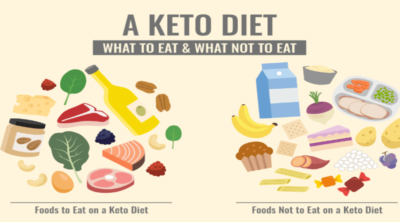
While exploring several benefits of protein shakes, one should also watch out for its adverse effects on the body. If you are also one of those curious souls in this regard, here is a piece of information on side effects of protein shakes and guidelines for its proper intake.
Protein shakes are consumed by many people on a daily basis and it is the most crucial dietary supplement of many athletes, bodybuilders and hot shot celebrities. Muscle building or weight loss, protein shakes are always recommended by the experts. Needless to say, protein shakes are made using protein powder and they are often reckoned as the best protein supplement.
Are protein shakes good or bad? Well, considering the role of protein in healthy living, one cannot underrate benefits of the best protein shake. However, consuming protein shakes that are made of the best protein powder is a good way to stay away from all the possible side effects of protein shakes. There are a few conditions though, that you need to follow. First of all, the amount of protein shakes that you consume and the quality of the protein shake brands make a huge impact on determining the severity of the side effects.
Side Effects of Casein / Milk Protein Shakes
Dehydration
Protein intake directly affects the hydration process of the body. This fact was brought forward in a recent study performed at the University of Connecticut by the Department of Nutritional Sciences. The study also showed that increased levels of protein also increase nitrogen levels in the body that affect normal kidney functioning. To avoid dehydration, a person must monitor his daily water intake and consume at least 8 to 10 glasses of water, even if he is not feeling thirsty.
Ketosis
Eating too much protein and consuming too much protein shakes leads to several side effects like ketosis. Ketosis is a starvation situation that causes a fat breakdown, which is nothing but conversion of fats into ketones. Ketones use glucose to get activated and cause a tremendous amount of damage to liver function. In few cases, this damage is found to be life-threatening, since it leads to liver failure. However, people who advocate the efficiency of the low-carb diets claim that ketosis is an important process that causes significant weight loss.
Osteoporosis
Recent researches, which were performed at the University of California at San Francisco proved that people who consume protein shakes with acidic foods are more prone to various kinds of fractures. Protein shakes increase acidic level of the blood, which is the reason why body starts using bone calcium, in order to retain the normal blood level. This whole process results in osteoporosis and various types of arthritis. Hence, a person who consumes these shakes on a daily basis, must follow a balanced diet, which is the best way to evade any side effects.
Kidney Stones
High protein levels directly affect the normal kidney functions and cause calcium buildup in kidneys. This fact, leads to several kidney diseases like kidney stones. Kidney stones further cause severe abdominal pain, night sweats, night fever, blood in urine, etc. All these health conditions are side effects of protein shakes that are caused due to dehydration, which is caused due to higher protein levels in the body. Again, the best way is to avoid over consumption of protein shakes and drink plenty of water a day.
Hair Loss
Organic and inorganic are the two types of protein shakes. Organic protein shakes are made of natural ingredients and hence, do not cause any damage to your hair. On the contrary, inorganic protein shakes contain growth hormones that cause high DHT levels. An exceeded amount of DHT destroys the hair follicles needed for hair growth all over the head and results in hair loss or even baldness in a severe condition. In order to prevent this condition, the label of ingredients should have “growth hormone free” written on it.
Side Effects of Whey Protein Shakes
Allergy
This is one of the most common side effects of protein shakes, which is observed amongst those who are suffering from lactose intolerance. Such people can suffer from numerous lactose intolerance symptoms like upset stomach, severe bloating and stomach cramps.
Liver Problems
Every organ of the human body has certain functions assigned and so does the liver. It does the task of assimilating the proteins consumed by the body. However, if the amount of protein consumption increases, it imparts pressure on the liver and makes it struggle to complete the process. Plant or soy protein, both are difficult to digest as compared to animal protein. Hence, the liver is forced to work harder to dispose of any leftover protein from the body. The process of disposal is hampered because of the lack of amino acids in protein shakes, which makes it all the more difficult for the liver.
Acne
Although there is no scientific evidence to prove it, some medical experts believe that whey protein shakes contain certain ingredients that cause hormonal changes and allergic reactions in the skin.
Protein Shake Alternatives
If you are amongst those who are not in favor of protein shakes and prefer natural food sources to fulfill the protein requirement of your body, here are a few protein shake substitutes that you can incorporate in your balanced diet.
Whole Foods
Foods like chicken breast, beef, pork, fish etc., are best alternatives for protein shakes. These foods contain the same amount of protein that a glass of protein shake offers you. Egg whites, ham, swordfish, salmon, low-fat cottage cheese, whole eggs are also some other protein substitutes you can add to your meal plan. The only concern while choosing these foods over protein shakes is that they require more time to digest as compared to protein shakes. However, the advantage of whole foods is that they taste much better than the protein shake.
Protein Juice
As mentioned earlier, protein shakes cause various stomach problems, which can be prevented if substituted with a protein juice. There are several manufacturers of protein shakes, who are now trying to put protein in juice and avoiding use of protein powder.
The real culprit of the side effects can be the artificial flavorings and food additives that are present in these products. To avoid all the protein powder side effects, the best thing to do is to limit the amount of protein shakes consumption to 40 g per meal. The meal that you consume with the shakes must strictly be a balanced diet, with healthy levels of fibers and other nutrients. Finally, all that I would say is, protein shakes are the best, if they are consumed in moderation, as anything excessive is ought to produce ill effects, sooner or later! Take Care!
